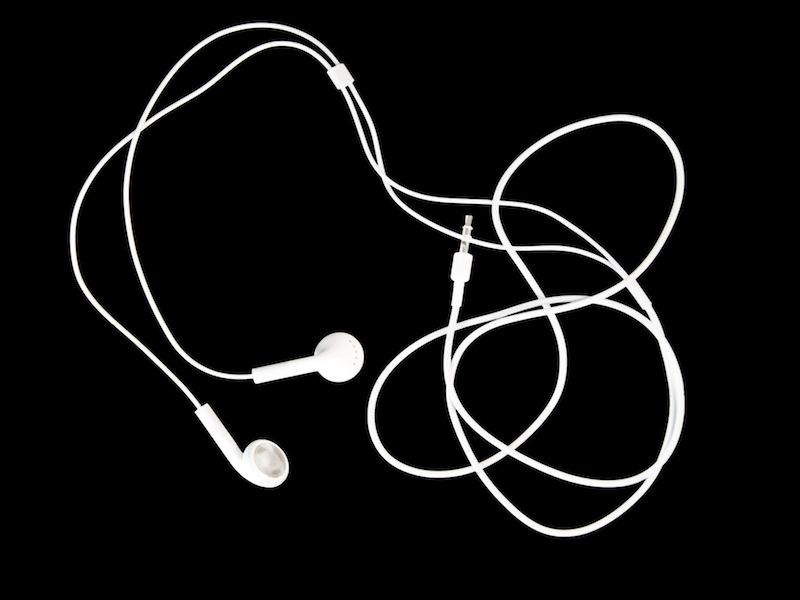If you haven’t had your hearing tested since your grade school days, you’re not by yourself. Unfortunately, we have a tendency to treat hearing loss reactively instead of proactively, and a routine adult physical generally doesn’t include a hearing test. As a matter of fact, even when they recognize they have loss of hearing, the majority of people disregard it for as many as seven years which can severely impact your health. As a matter of fact, untreated loss of hearing has been shown to increase your healthcare costs over time.
The good news, hearing exams are simple, pain-free, and provide a wealth of information for our professionals to assist you, both for diagnosing hearing concerns and evaluating whether interventions like hearing aids are working. When you were younger, you might remember the audiometry test from school, but a full hearing exam will give you a clearer understanding of your hearing without a sticker or a lollipop.
While you may not give the state of hearing as much thought as you would the health of your eyes or your teeth, it is important that you routinely have your hearing tested. It can be a considerable time before you recognize that there is a problem with your hearing. Loss of hearing usually occurs gradually, and the earlier you detect a problem with your hearing, the sooner you may be able to fix it.
When Should You Get Examined?
Normally the hospital will test newborns for hearing loss before they send them home. Teenagers should be screened during regular exams with their physicians and children should have formal hearing assessments at the ages of 4, 5, 6, 8 and 10 years old according to The American Academy of Pediatrics.
If you are between the ages of 18 to 45, it is suggested that you have your hearing examined every five years and then more often as you get older. After you turn 60 you need to get checked every two years and if you are between 46 and 60 every three. But you might need to get tested more often. Your individual circumstances will determine when you should get a test. You should get your hearing checked immediately if you find that it isn’t as good as it once was. Untreated loss of hearing has been connected to cognitive decline, depression and a greater risk of falling and other health issues. Your ability to work effectively and your relationships can also be influenced.
And you need to have a hearing exam, in some circumstances, as soon as you can if you have hearing loss that is getting worse quickly. An immediate hearing test is advisable if:
- There is earwax buildup or you had an ear infection
- Conversations are difficult to hear when you are in a crowded area especially
- It is difficult to pinpoint where sounds are coming from
- You are experiencing vertigo
- Your ears have constant ringing in them
- Asking people to repeat themselves is something you have to do constantly
Another factor is whether you are at a greater risk for hearing loss. As an example, if loss of hearing runs in your family or you are exposed to loud noises on a regular basis you should get your hearing tested more often.
Also, over 200 ototoxic medications exist. From Aspirin to some antibiotics, these medications can be very bad for your hearing. Consult your doctor to make certain any medicines you are taking aren’t impacting your hearing. If you need to take a medication that you know is ototoxic, think about getting more regular hearing testing so you can manage any hearing loss immediately.
Also, take into consideration how your habits might be impacting your hearing loss. Frequently using your earbuds? Hearing loss has substantially increased in younger people, and many experts think that this is caused by the use of headphones and earbuds. Loud concerts, shows, or machinery can also do considerable damage to your hearing. If you think that it’s time for you to have your hearing checked, schedule an appointment today.


